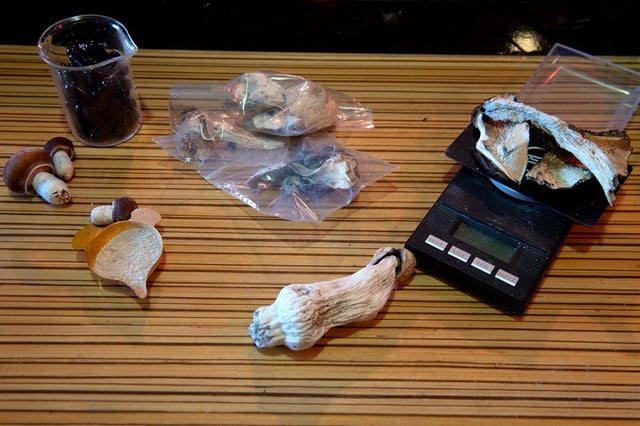Overview
- Monthly psilocybin dosing increased survival of aged mice by up to 80% and improved physical markers such as fur quality
- In vitro treatment with psilocin preserved telomere length in human lung stem and skin cells, indicating slowed cellular senescence
- Mechanistic analyses showed psilocybin boosts SIRT1 expression, lowers GADD45a activity and reduces oxidative stress in treated cells
- The study delivers the first experimental evidence supporting the psilocybin-telomere hypothesis across both human cells and whole organisms
- Investigators call for phase I clinical trials to establish safe, effective dosing protocols for potential anti-aging therapies

